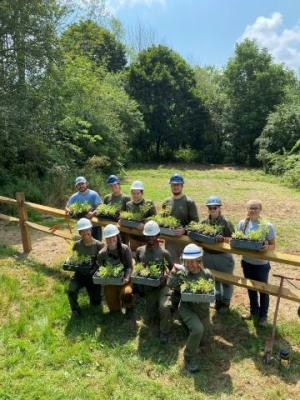Lawson Health Research Institute scientists are hoping to recruit seniors for a new study into whether online “meaning-centered” groups can reduce feelings of isolation in older adults.
The elderly have been one of the groups hardest hit with mental health impacts due to the COVID-19 pandemic. The reason being that they have been more socially isolated to protect against contacting the virus. Using the virtual groups, researchers aim to rebuild social connections and reduce risk of psychological distress.
“A lot of my research is focused on suicide prevention in older adults and I realized over time that one of the best ways of doing that is not waiting until people have to come for a psychologist or psychiatrist’s help, but rather to intervene much earlier and help people find those things that make life worth living,” said Lawson scientist and study lead Dr. Marnin Heisel.
The study is being funded through the Centre for Aging and Brain Health Innovation at the Baycrest Centre and the Canadian government.
Heisel, a clinical psychologist and professor at the Schulich School of Medicine and Dentistry at Western University, originally developed meaning-centered groups as a way of helping men transition into retirement.
“We found that people really enjoyed the camaraderie, they supported one another and many of them started getting involved in community activities, including outreach activities of their own and volunteering,” said Heisel.
The senior meaning-centered groups will be held online in 75 to 90 minutes sessions once a week for eight weeks. Researchers would like to recruit enough participants to have ten people in a group with multiple groups meeting at the same time.
“The meetings will focus on supporting one another, trying to build and enhance psychological resiliency, focusing on finding meaning in creative outlets, in relationships and other experiences,” said Heisel. “They will also focus on attitudes towards challenges in life including adversities, the pandemic, being socially isolated, and also positive experiences.”
For people who may be hesitant to participate because of a lack of confidence navigating virtual formats, Heisel reassures his team will help them access and successfully use the technology.
Those interested in participating in the study are asked to contact Heisel at Marnin.Heisel@lhsc.on.ca. Additional details can also be found on the study website meaningfulgroups.com/groups.

